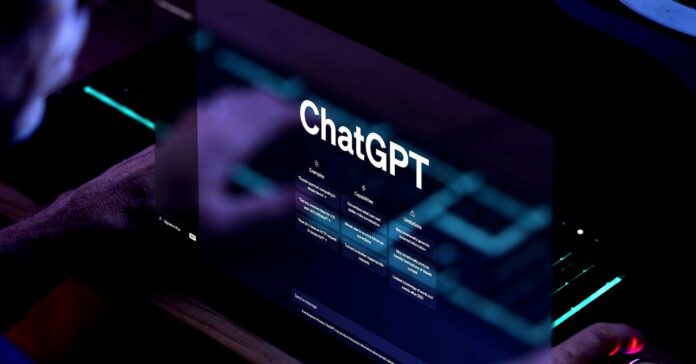In Short:
Google and OpenAI express concerns to NTIA about increased attempts to disrupt, degrade, deceive, and steal AI models. Both companies emphasize security measures and the need for a mix of open and closed models. RAND CEO warns of China’s AI theft tactics, with the US limiting access to computer chips. China denies accusations of theft, while a Chinese national faces US charges for allegedly stealing AI chip secrets from Google.
Google and OpenAI’s Approach to AI Model Security
In response to the NTIA, Google highlighted the potential threats to its models and emphasized the protection provided by its team of expert engineers and researchers. They are working on a framework involving an expert committee to govern access to models.
Similarly, OpenAI stressed the need for both open and closed models based on circumstances. They recently formed a security committee and discussed the security measures in place for their AI technologies, hoping to set an example for other labs.
Concerns about Security Gaps
RAND CEO, Jason Matheny, raised concerns about security gaps, mentioning the impact of export controls on Chinese developers. He suggested that restrictions on computer chip access have led to an increased risk of AI software theft.
Matheny highlighted the financial motives behind cyberattacks targeting valuable AI model weights and emphasized the need for increased national investment in cybersecurity.
China’s response to theft allegations has been to dismiss them as baseless accusations by Western officials.
Google’s Security Incident
Google alerted law enforcement about an incident involving the alleged theft of AI chip secrets for China. Court proceedings revealed the challenges Google faced in detecting the theft by an employee, Linwei Ding, who has denied the charges.
Ding, also known as Leon, reportedly transferred confidential information to his personal account over a year, using tactics to evade detection. The employee was in communication with a Chinese AI startup CEO and had plans to establish his own company, leading to potential legal consequences.





